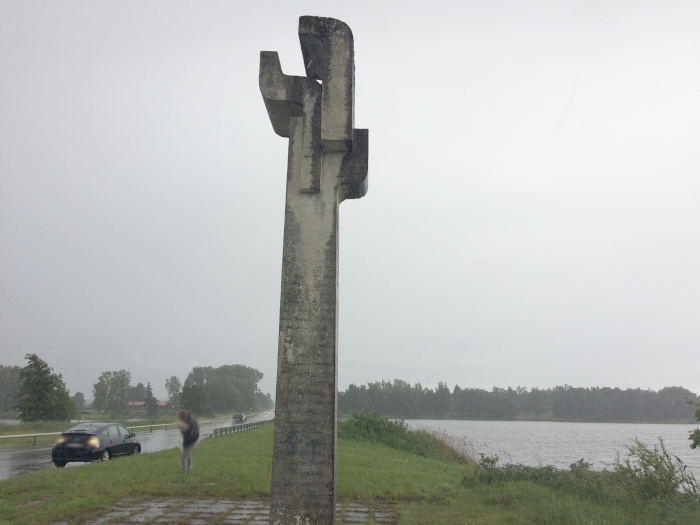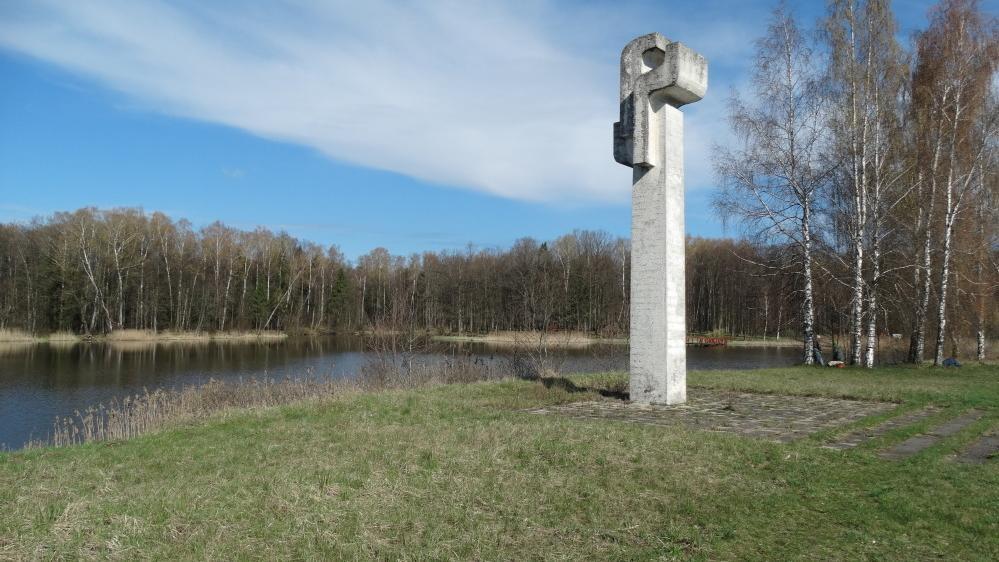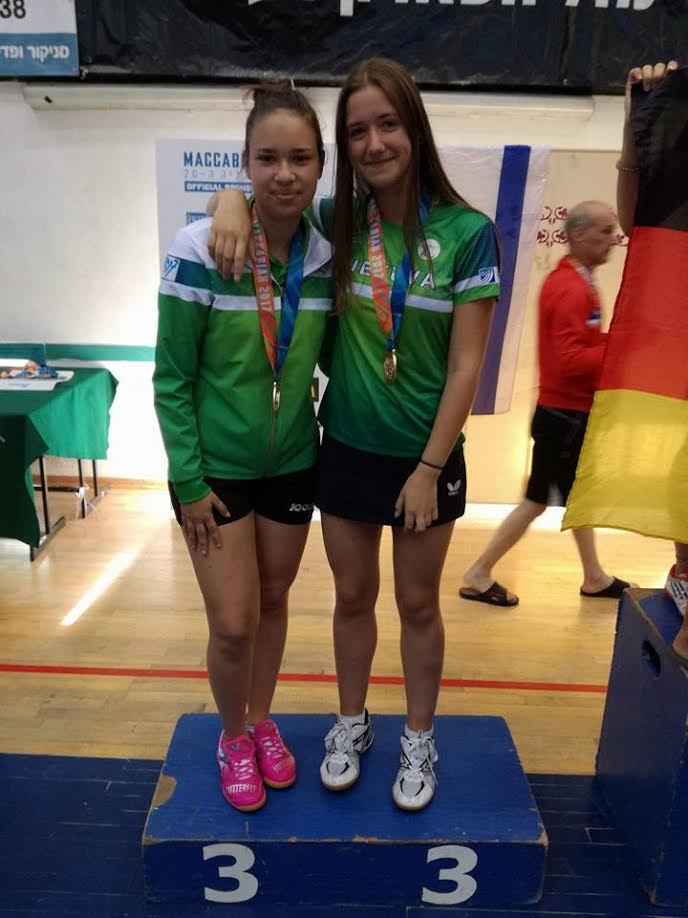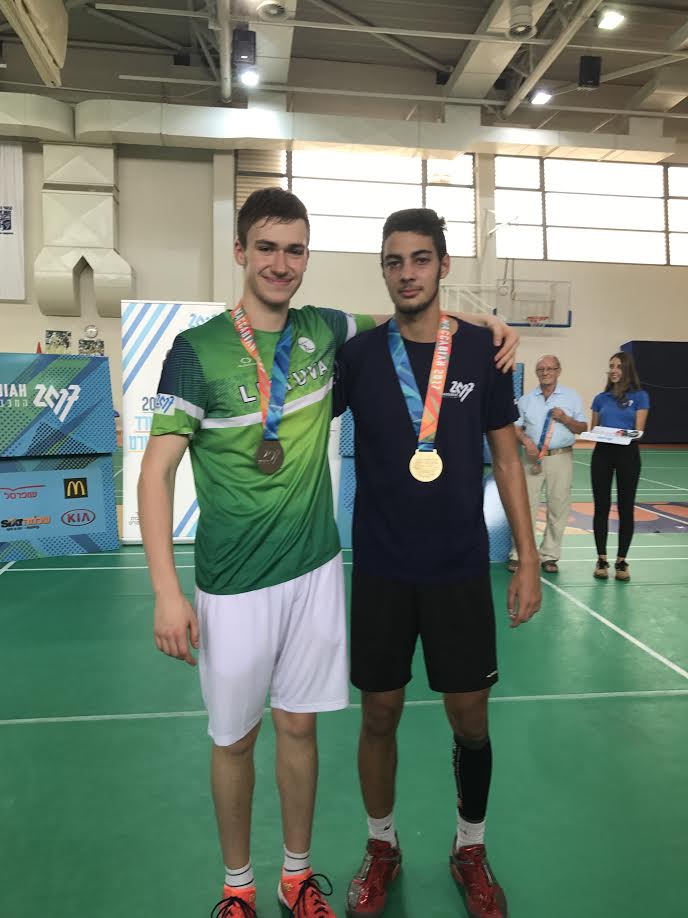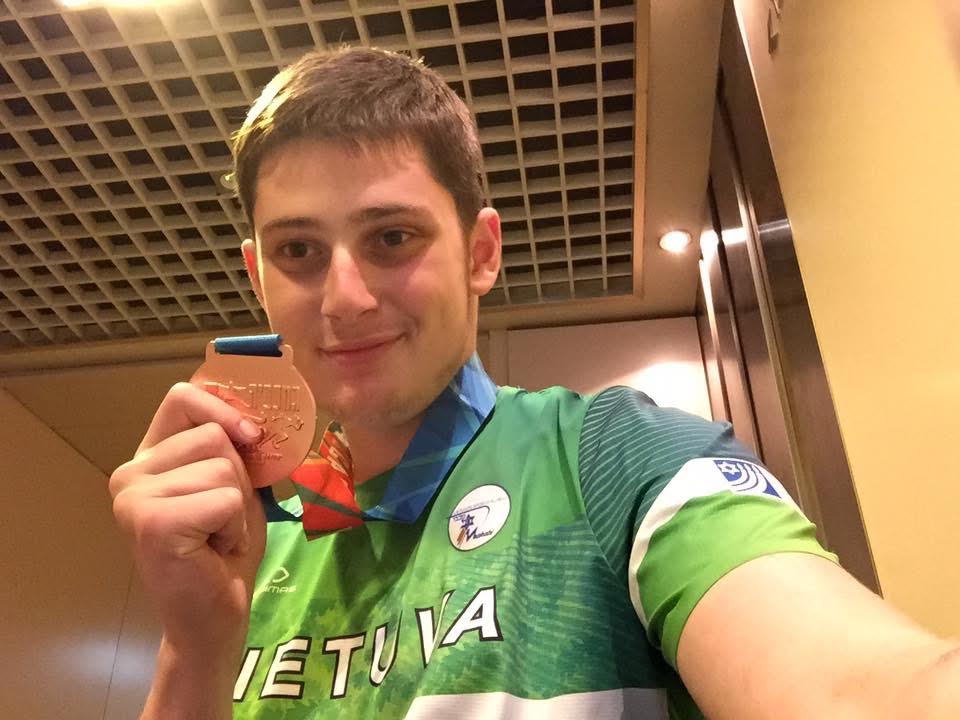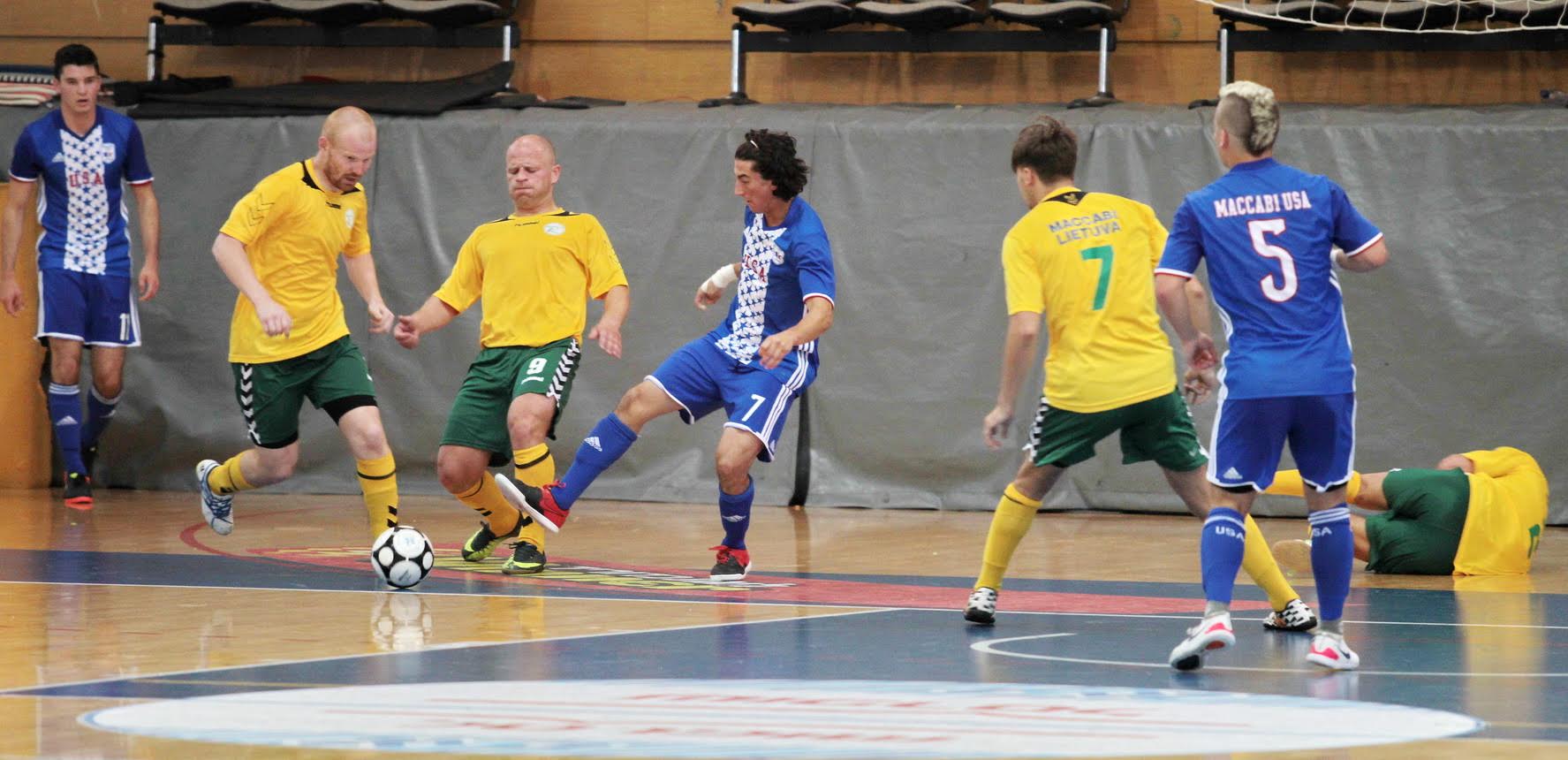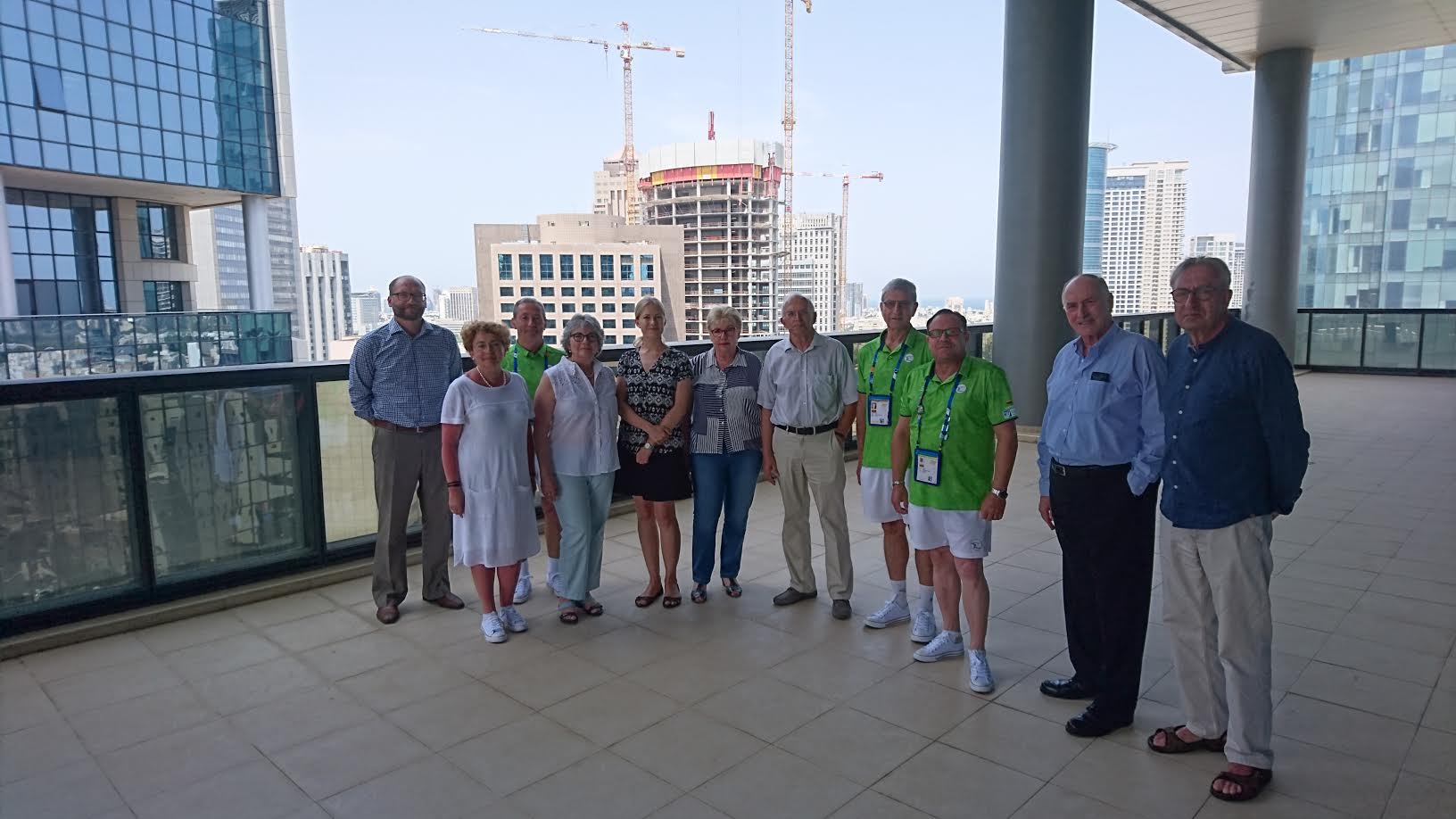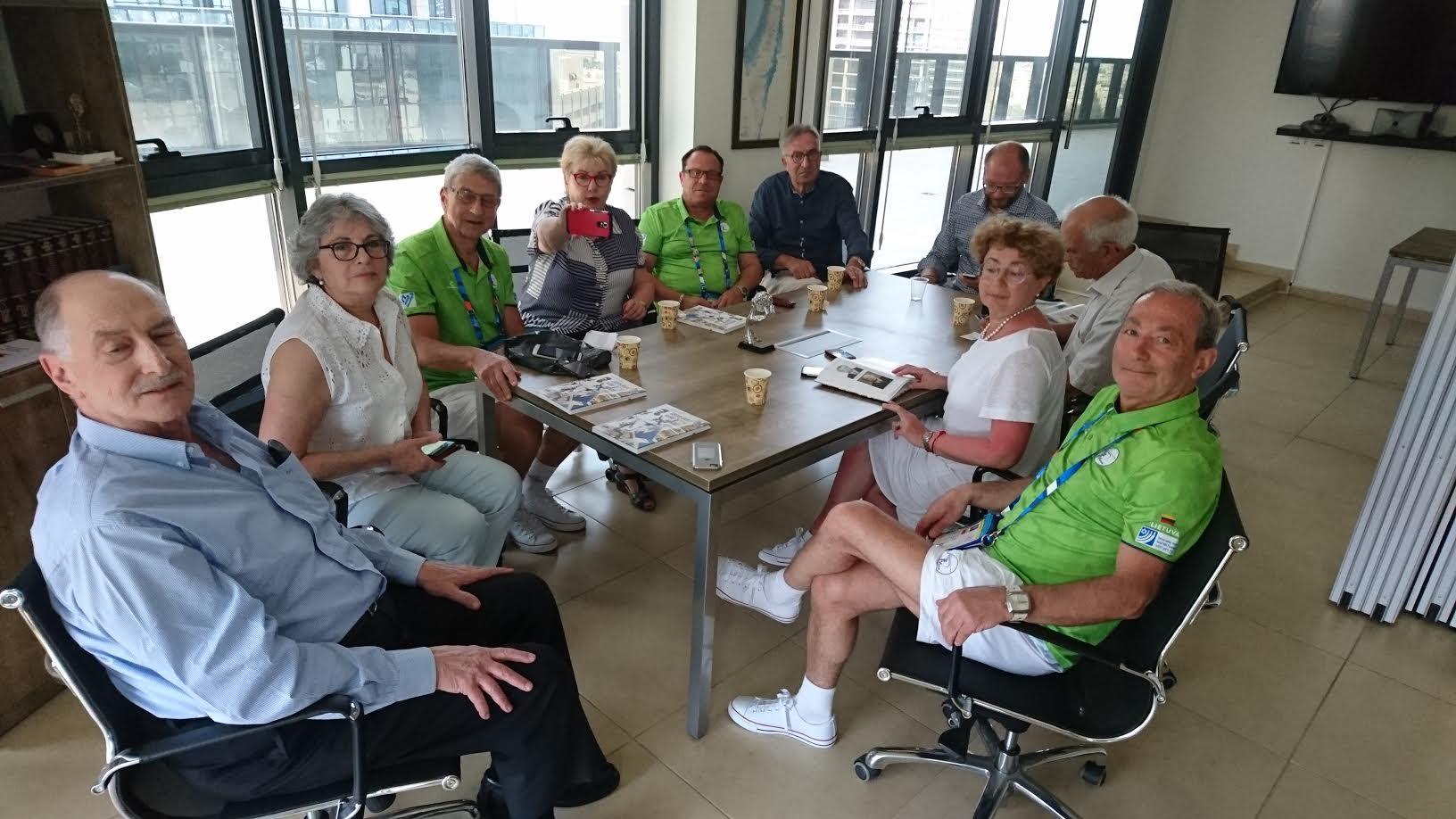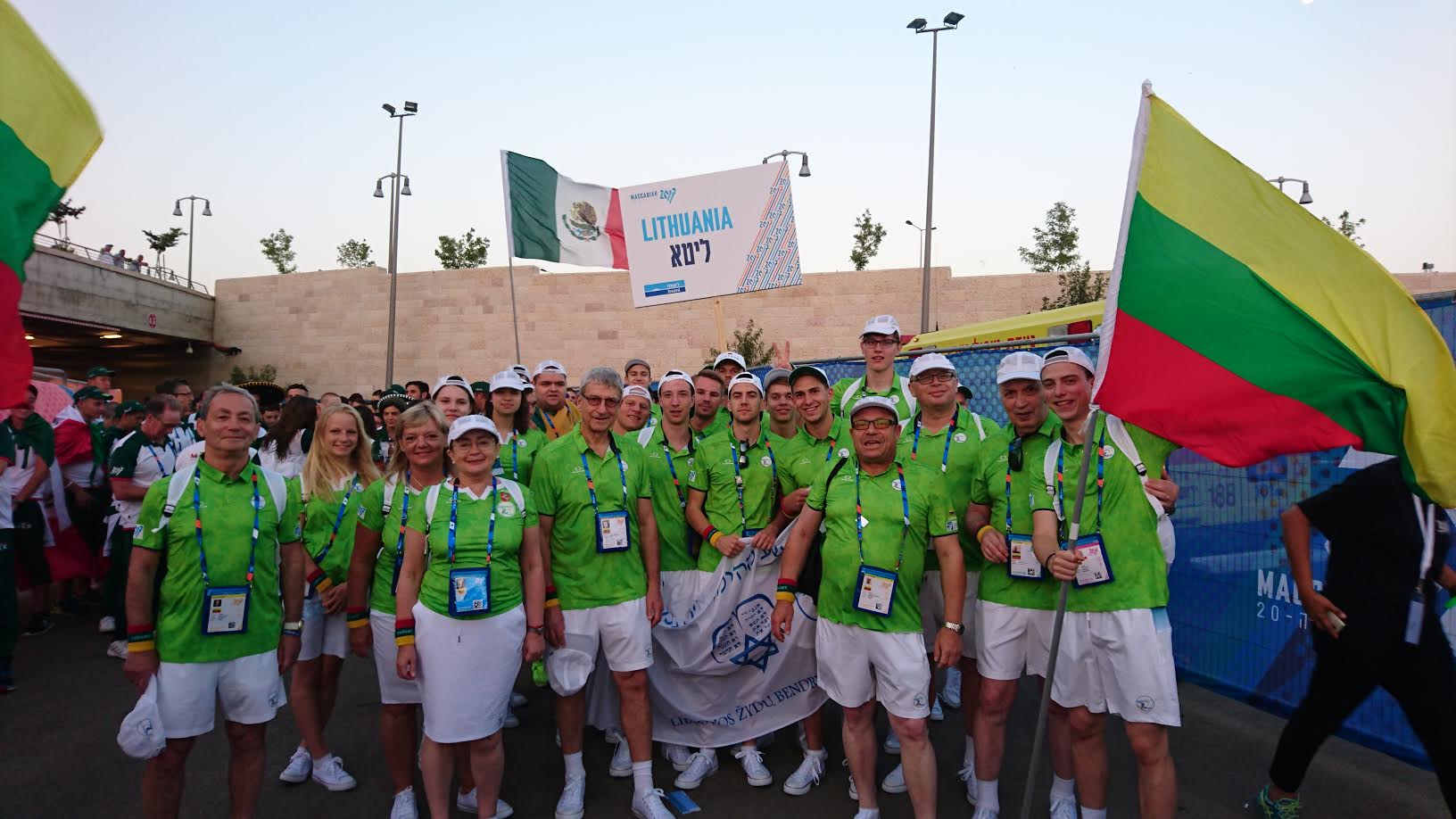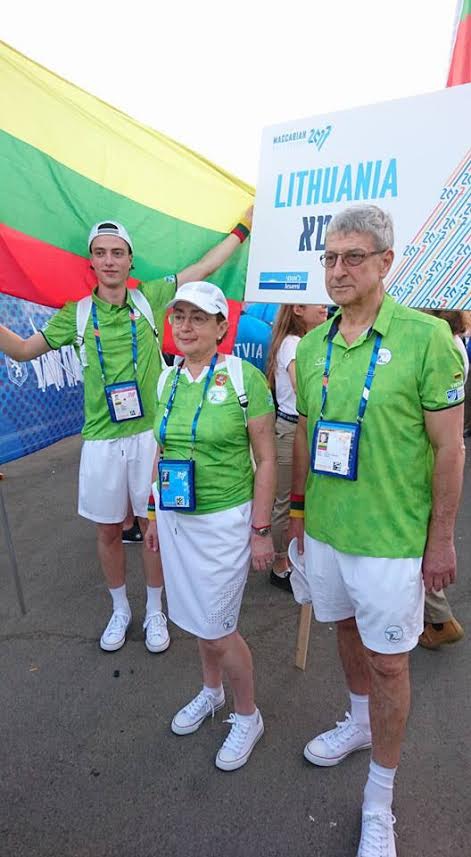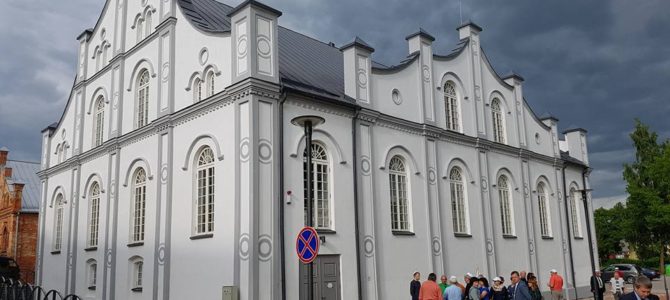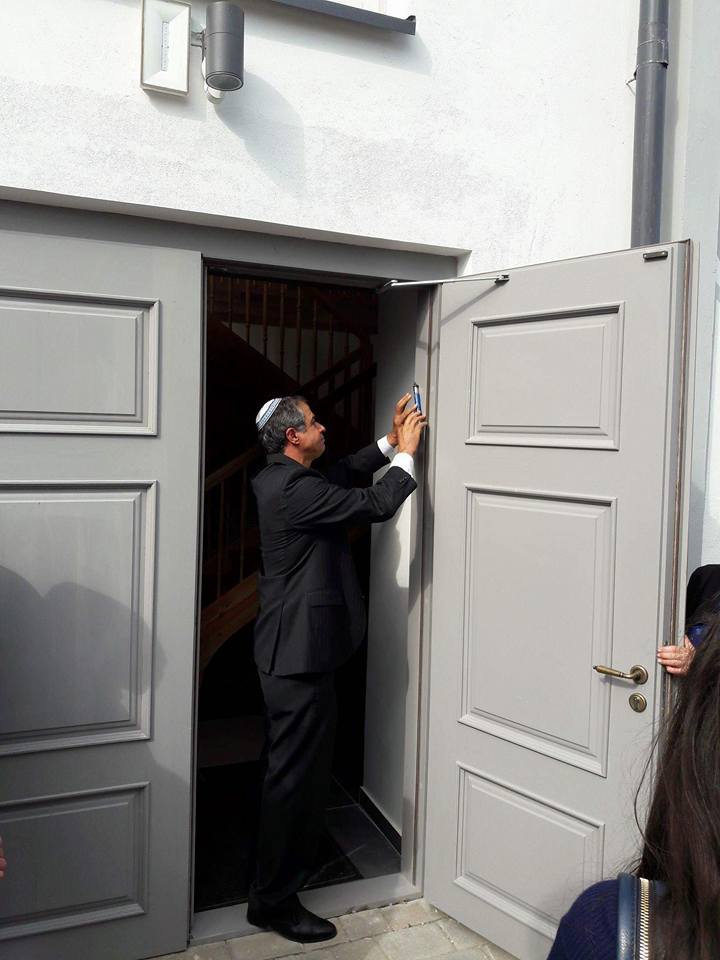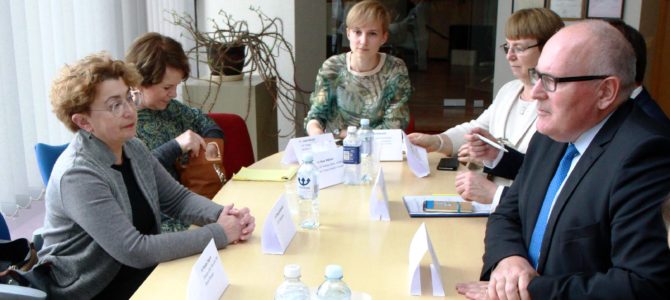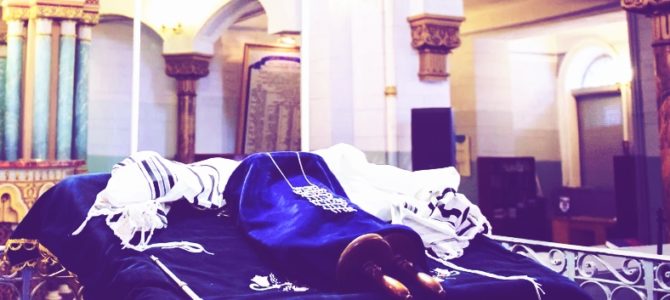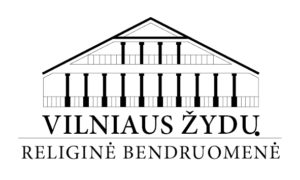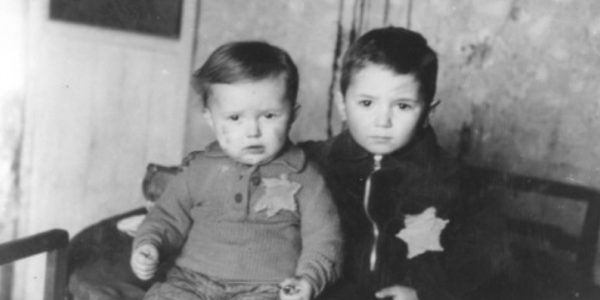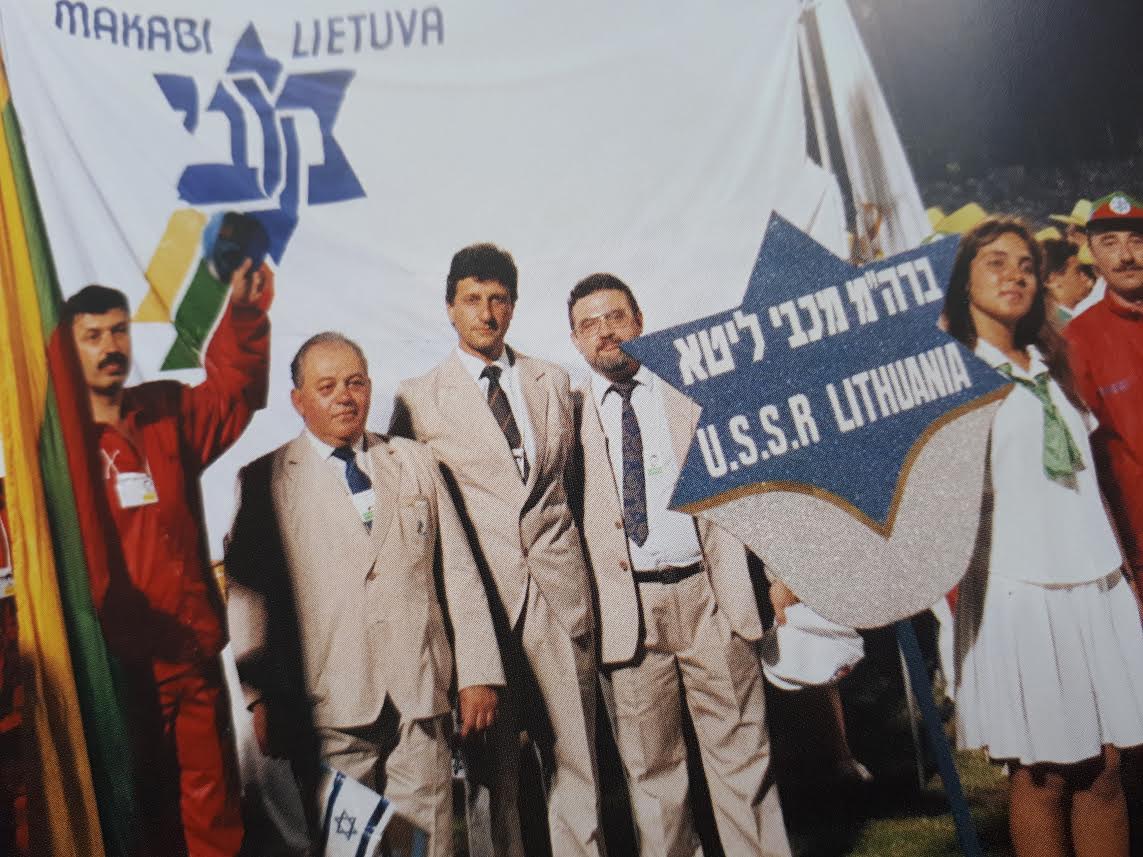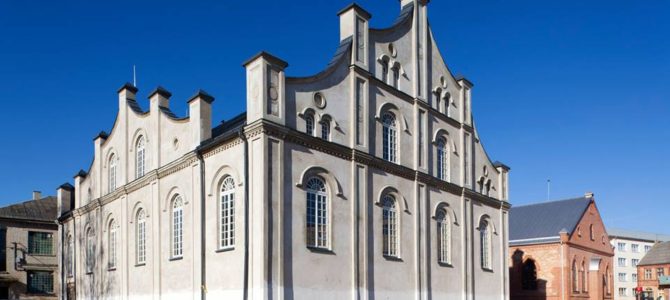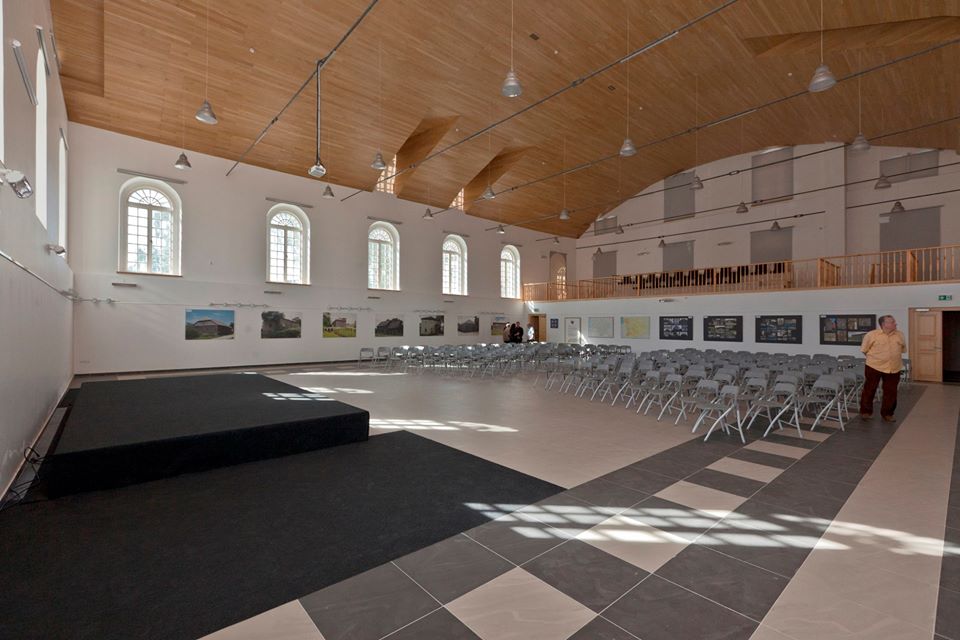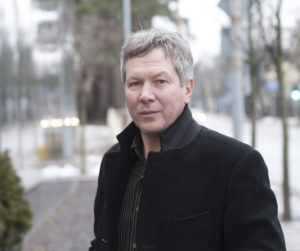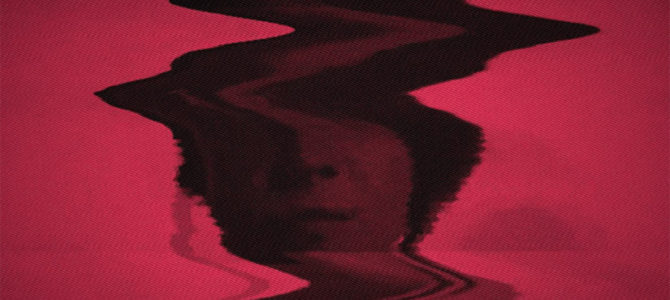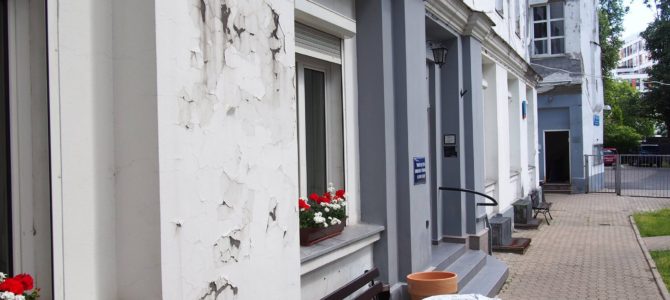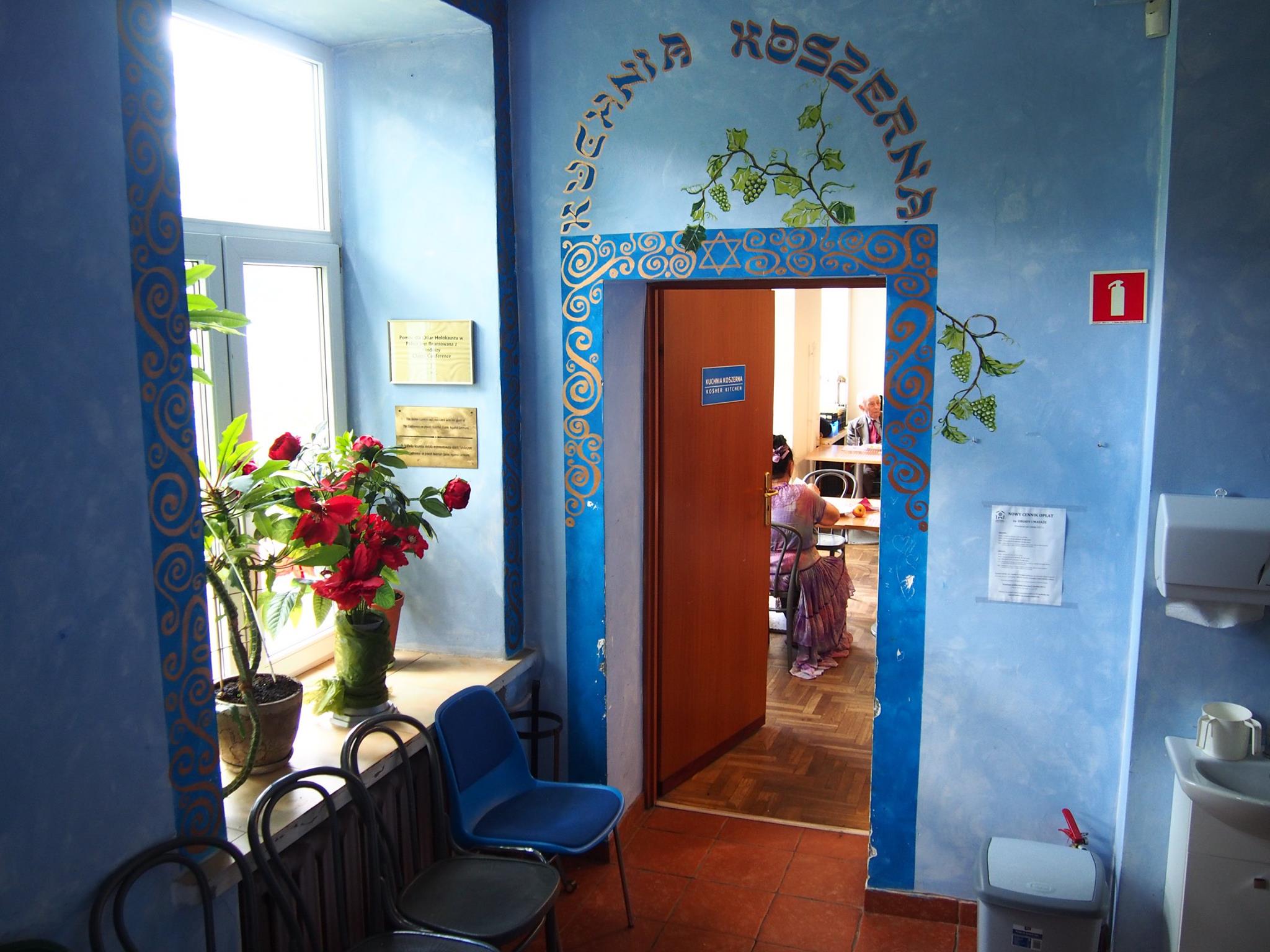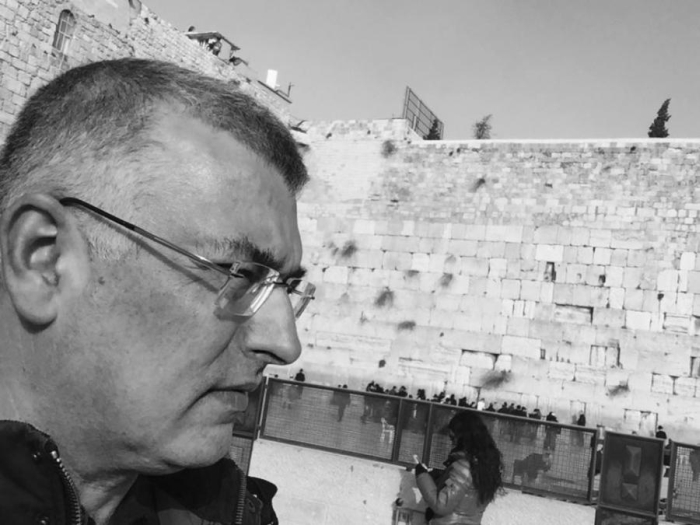
by Sergejus Kanovičius
bernardinai.lt
July 29, 2016
Recently members of the City of Vilnius’s Commission of Names, Monuments and Memorial Plaques (hereinafter the City Commission) visited these issues.
Members of the Commission apparently didn’t feel a lack of expertise in the matters at hand and didn’t seek the advice of the Lithuanian Language Commission on how to write Washington Square (there is no W in Lithuanian, but in any case it wasn’t Wrocław), didn’t ask for public input on Ukraine Square and felt confident enough to deliberate on issues related to commemorating Jonas Basanavičius.
But one question was the subject of much–how to say it precisely–profound avoidance of responsibility and competence. This was the issue connected with Vilnius City Council member Mark Harold’s statement in which he argued for renaming Kazys Škirpa Alley the Alley of the Righteous Gentiles. What did the Commission do? The Commission said they didn’t know what to do. They asked for help from another institution which, also not knowing what to do, issued historical reports on Škirpa full of evasions (he didn’t take part in mass murder because the Germans wouldn’t allow him to travel, he didn’t murder anyone personally, he was just the head of the anti-Semitic LAF and called for getting rid of the Jews in this manner: “Having examined the anti-Semitic statements encountered in texts prepared by the Berlin LAF organization, it can be stated its members proposed solving ‘the Jewish problem’ not through genocide, but by means of driving them out of Lithuania.” This is a quote [translated] from Center for the Study of the Genocide and Resistance of Lithuanian Residents director T. B. Burauskaitė’s history report sent to the head of the municipal administration of Kaunas).


